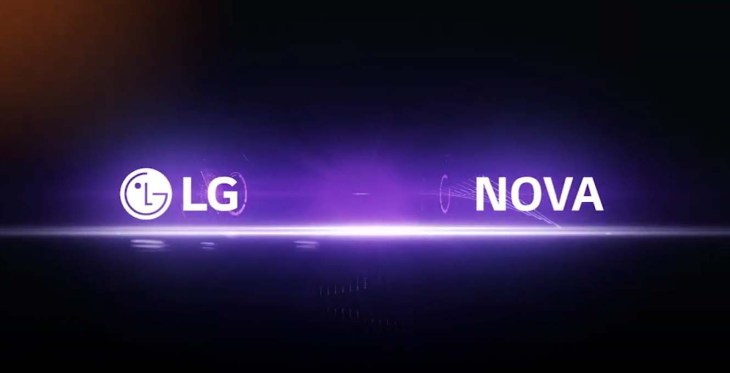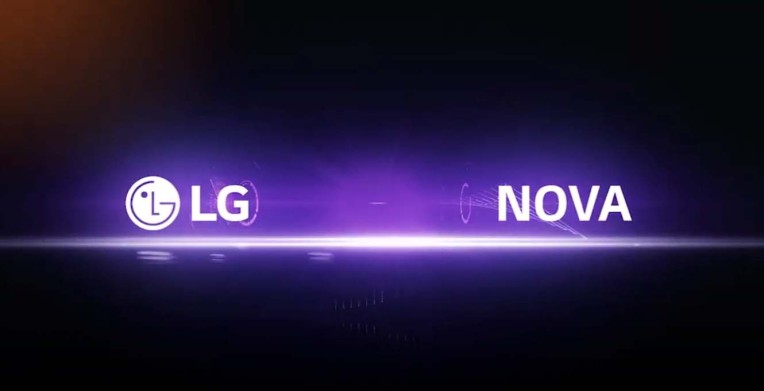
Korean technology giant LG makes everything from televisions (they announced some new ones at CES), washing machines and fridges, to, well, it’ll probably take less time to list the things they don’t get involved in. It shouldn’t come as a surprise that the company has a robust interest in innovation, then, and LG Nova is its relatively new North American Innovation Center. Based out of Santa Clara in Silicon Valley, California, the LG business unit is finding new and interesting ways to work with startups to further LGs mission in some of its core growth areas.
At the consumer electronics show (CES) in Las Vegas, the company announced the first companies that have made it onto its shortlist for working with the electronics giant. The startups have a few traits in common, highlighting and reinforcing some of the focus areas for the company’s innovation areas.
LG Nova is aiming to be the center of the Venn diagram of the entire startup ecosystem, including the startups, of course. It wants to unite this with LG’s own strengths and advantages, including the wider investor landscape, big tech, academia, the entrepreneur community and LG’s own sales and marketing channels, where appropriate.
The current program LG Nova is running is the Mission for the Future challenge, which is essentially a filtration system to find the most promising entrepreneurs and startups who can work with LG’s entrepreneurs in residence to help create businesses within the LG ecosystem. Mission for the Future is LG Nova’s nine-month annual challenge program created to seek the best ideas, concepts and businesses worldwide that will improve quality of life in a smarter, healthier, more-connected future.
The first big theme for LG in this space is connected health, with a particular focus on doubling down on healthcare focused on healthcare to meet people’s wellness needs at healthcare facilities, in their homes or through services in that space. LG Nova announced its first two shortlisted companies as XR Health, which offers VR treatment rooms for telehealth services, and Maya MD, which is a digital AI health assistant that leverages LG’s televisions to encourage customers into active conversations about their health.
The metaverse is the second broad category where LG Nova is paying particular attention, in what appears to be a more broad exploration of how people and machines can connect in new interaction modalities. Here, LG Nova announced iQ3, which creates enterprise applications and services for product training for the metaverse, and I3M, which is building a hyper-realistic virtual travel and tourism experience.
Sustainable mobility is the third pillar in LG’s innovation push, in what the company terms Energizing Mobility. SparkCharge is an interesting company that is making EV charging mobile, while maintaining sustainability. Driivz, meanwhile, is building an operating system of sorts for electric vehicle charging management.
The final part of LG Nova’s innovation pie chart is all about Smart Lifestyles, which appears to be LG-speak for smart home technology. In this universe, they chose a universal smart-key technology, EveryKey, which is an effort to use a single device to unlock your car, phone and doors, and keeps your website logins safe, while A.kin AI is a company working to add virtual assistant technology to LG’s hardware products. It’s particularly aimed at homes that have home-care coordination challenges for neuro-diverse audiences. Chefling rounds out the smart lifestyle cabal, with a solution for planning, shopping for and cooking meals that follow your dietary requirements.
The announced startups give you a glimpse behind the curtain for the type of thing LG Nova is looking for. The next batch opens for applications later this year, and at CES, I spoke in-depth with the boss of the program to learn more about what LG is looking for, how the program is aiming to work with startups and to get the inside track on how to catch the eye of the incubator’s selection committee.
Credit: Source link






















